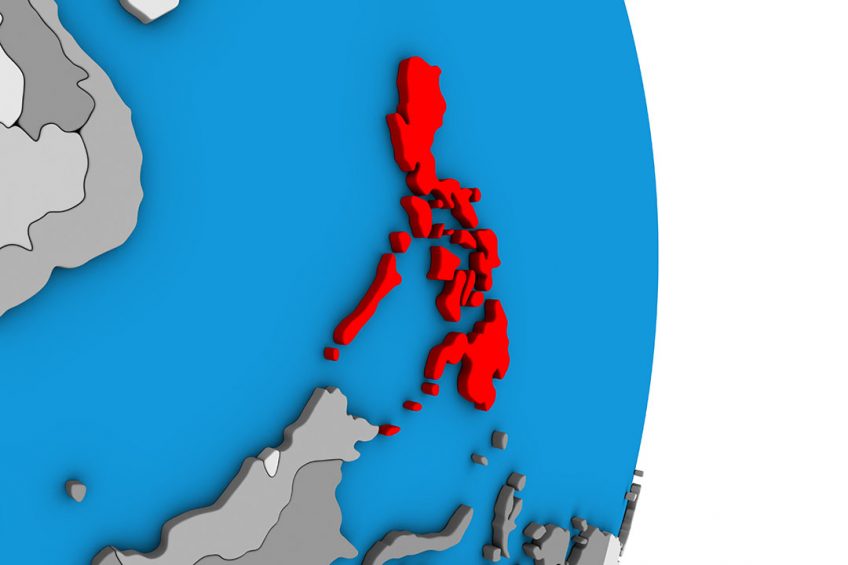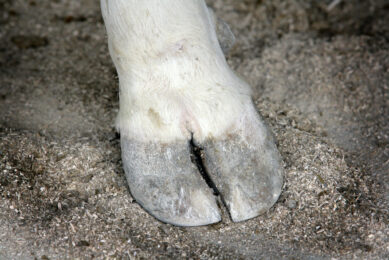ASF in Philippines: First outbreaks confirmed near Manila

The Philippines has confirmed that the dead pigs found in several farms near Manila indeed tested positive for African Swine Fever (ASF).
Press agency Reuters reported that the announcement was based on the results of laboratory tests requested by the Philippines’ agriculture secretary Dr William Dar. These followed reports last month of an unusual number of pig deaths in backyard farms in Rizal province, near Manila.
ASF samples sent to the United Kingdom
Dr Dar said in a briefing that samples were sent to the United Kingdom for PCR testing: “Out of the 20 blood samples, 14 are positive with African Swine Fever.” Dr Dar said further tests were needed to determine how virulent the strain found in the local pig population is.
Most of these came from the provinces Rizal and Bulacan, according to a report in the Inquirer – those locations have been added to the map below. So far no detailed information on the outbreaks has been submitted to the World Organization for Animal Health (OIE).
Dr Dar said 7,416 pigs had been culled in the affected areas, some of them buried alive. That all happened in a 1-km radius around the affected areas. He added that the department is currently verifying reports of cases in other areas as well. He also said that Philippine farmers were given 3,000 pesos (€52) in compensation to recover from the depopulation.
A report by the World Organization for Animal Health (OIE) speaks of 7,952 pigs at risk, all of which were found on ‘mostly backyard farms’ in Rizal province. Of these 536 had died, leading to the culling of an additional 7,416 pigs. Remarkable is that the first problems on-farm were noted as from July 25. The Philippine government also spoke of ASF in neighbouring Bulacan province (Guiguinto town), those outbreak data have not been made public yet through the OIE.
The Department of Agriculture added that the ASF virus has been contained. DA spokesperson Noel Reyes told the Philippine Star: “I just want to clarify that there’s no more ASF. It has been contained because the areas have been disinfected.”
Route of infection: imported pork products?
The Philippine authorities stated they suspect that the virus was brought to local farms via food scraps, or swill, from hotels and restaurants fed to pigs, or from imported pork products. They also reminded swine farm owners that the transport, handling, disposal and sale of swill without proper permits and not in accordance with the existing regulations is unlawful.

Read more on pig health in the Pig Progress Health Tool
Inside the country, the Department of Agriculture (DA) has tightened animal quarantine and food safety measures, prohibiting the transport of live animals and meat products without health and shipping permits.
Ninth country in Asia to confirm ASF
The Philippines is the 9th country in Asia where ASF has been discovered, after the Asian part of Russia, China, North Korea, Mongolia, Vietnam, Cambodia, Laos and Myanmar. On a global scale, the discovery of ASF in the Philippines is a major blow, as it means that the virus has been able to travel despite sea, a natural biosecurity barrier.

Also read: Swine sector in the Philippines set to grow
In 2017, the Philippine pig population was 12.4 million animals, according to figures from the UN Food and Agriculture Organization (FAO). Roughly 8 million pigs are estimated to be in backyard farms and 4.7 million in commercial farms.











